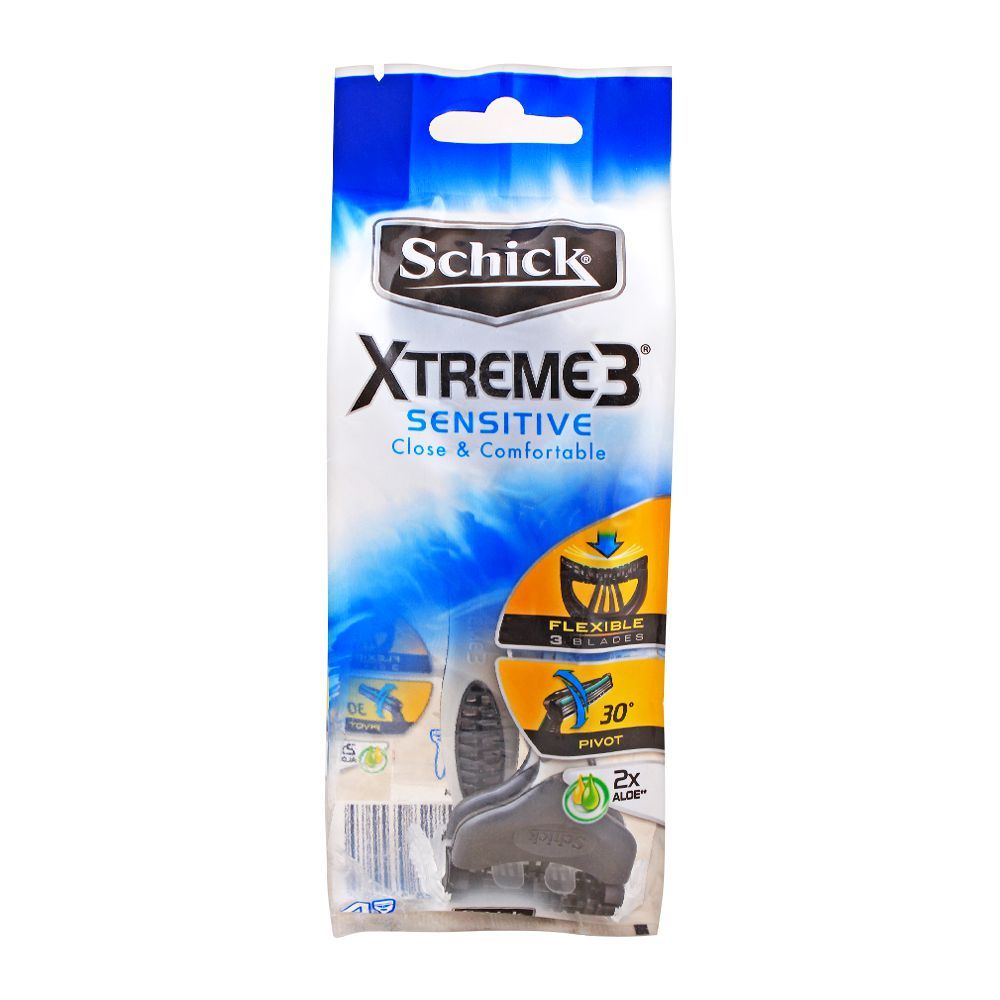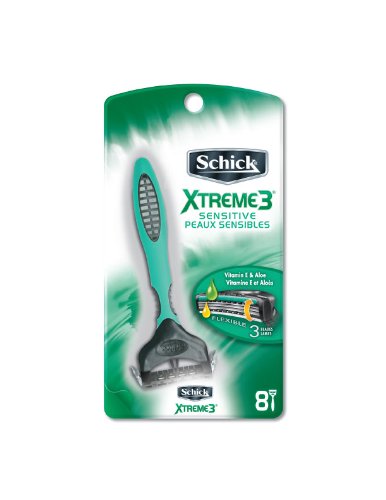

Multiple blades: One blade is certainly enough to get the job done, and seven is definitely overkill.A razor handle should maneuver around the contours of your face without you having to twist and angle it too much, and we believe a heavier handle is better, since it offers more control. A handle that works: A handle should have a good grip-any razor that slipped when wet during our testing was instantly disqualified.And shavers should continue to feel comfortable after shaving, without redness, irritation, or ingrown hairs. Modern multi-blade razors rarely nick or cut, so any razor that consistently did was eliminated.

If the razor has a lubricating strip, it shouldn’t turn into a slippery mess.

Comfort during and after use: This means that the razor feels good on your face-it glides well, cutting without pulling or tugging."I think this shows the seriousness with which Gillette takes the Quattro as a threat to its core blades and razors business," said Joseph Altobello, an analyst at CIBC World Markets. Gillette at the same time has fallen 4.3% to 63%, according to market data firm Information Resources. The brand is held to be behind a 2.9% gain in Schick's US market share to 17%. The razor has three blades surrounded by a bar of soap and is so more convenient for women to use in the shower. The company has already begun to make a dent in Gillette's US women's market sales with the Intuition brand. Schick is planning to launch Quattro in the US market next month for $8.99. Two weeks ago it reported a 27% jump in quarterly blade and razor sales. It was bought by Energizer, the US battery maker, earlier this year and has since shown signs of renewed verve. Analysts say that, in the interim, Schick received little management attention or marketing push, leaving it in a state of destabilising uncer tainty for two years. The drugs company, Pfizer, acquired Schick in 2000 as part of its takeover of Warner Lambert and had always intended to sell the business on. While Schick was preparing the launch of the four-blade razor, the people in the research and development department of Gillette were still adding a third blade to its Sensor brand due for launch next year. In a market where new product development over the past few years has often hinged on the addition of further blades, Schick has stolen a march on Gillette with Quattro. Gillette has a commanding 70% share of the world market for wet-shaving products, with Schick a distant second, at 18%.īut the lawsuit was viewed by analysts as a reaction to the increasing threat posed by Schick. The lawsuit is seeking preliminary and permanent in junctions and triple damages.

"We welcome honest and innovative competition but we will vigorously defend our valuable intellectual property," said Peter Hoffman, the president of Gillette's grooming division. Gillette claims it spent $750m to develop Mach 3. The suit, filed in a federal court in Boston, alleges that the new razor uses technology that Gillette developed to allow the three blades on its Mach 3 system to extend progressively closer to the face and provide a smoother shave. The company has filed a suit against Schick over Quattro, the first four-blade razor, for an alleged patent infringement.


 0 kommentar(er)
0 kommentar(er)
